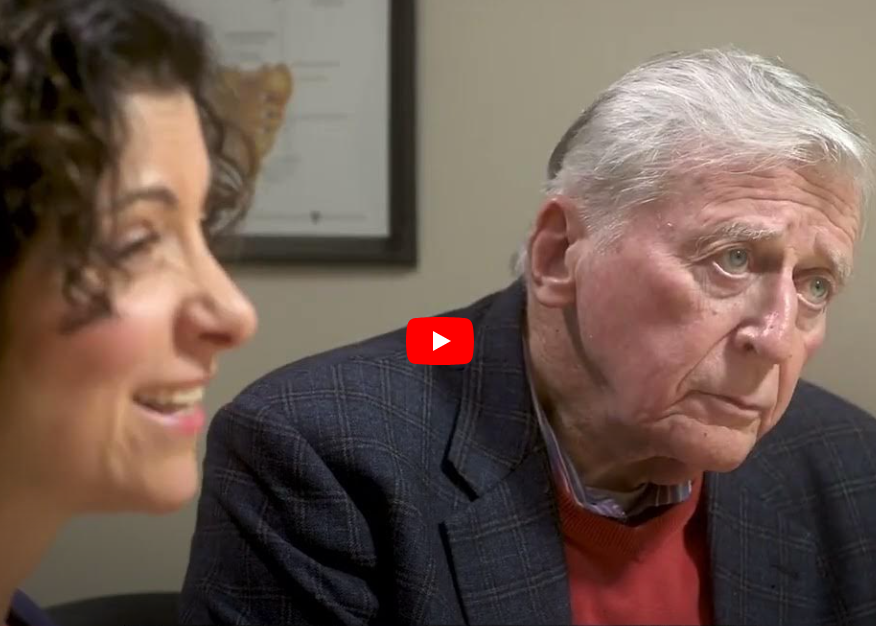What to ask your doctor before taking a prescribed opioid

Every patient or advocate should ask questions whenever being prescribed an opioid. Prescription opioids may not be right for everyone. Asking questions is important for your health when your doctor, dentist, or other health care professional prescribes you an opioid, such as hydrocodone, oxycodone, codeine, or morphine.
What should you ask? Start with:
The two most serious risks are overdose and addiction. In addition to the serious risks of overdose and addiction, prescription opioids can have a number of side effects longer-term, even when taken as directed. These include tolerance (needing to take more of a medication for the same pain relief) and physical dependence (having symptoms of withdrawal when the medication is stopped). Other side effects may include increased sensitivity to pain, constipation, nausea, sleepiness, confusion and depression.
Find out about ways to manage your pain that don’t involve prescription opioids. Some of these options may actually work as well or better (but have their own side effects so discuss with your medical professional). Options may include:
- Acetaminophen (Tylenol) or ibuprofen (Advil)
- Medications traditionally prescribed for depression or seizures
- Interventional therapies (injections)
- Cognitive behavioral therapy
- Physical therapy and exercise
Ask that your doctor prescribe the lowest dose and the smallest quantity you may need and find out when to call to follow up on how well it is working. Find out when and how to stop taking opioids, including tapering them.
Tell your doctor about any history you have had with substance misuse or addiction to drugs or alcohol and if you have a history of smoking cigarettes .You should also tell your health care provider if anyone in your family has had a problem with substance misuse, or addiction.
If your doctor (still) thinks your pain is best managed with a prescription opioid, then ask:
It is also very important that you tell your doctor about all of the medicines you are taking, especially those prescribed to treat anxiety, sleeping problems, or seizure. Even medicines you take only occasionally, or that are over-the-counter, could interact with the opioid pain medicine. Ask your doctor about possible interactions.
Take your medicine exactly as prescribed by your doctor. If you are still feeling pain, call your doctor; do not take an extra dose. Learn to identify serious side effects (such as excessive sleepiness or a feeling of craving for more of the medication) so you and your family will know when to call a doctor or go to the hospital. Ask your pharmacist if your prescription comes with a Medication Guide (paper handouts that come with many prescription medicines) for more information.
Consider a lockbox for your medications. Even one accidental dose of an opioid pain medicine meant for an adult can cause a fatal overdose in a child or anyone not used to taking this type of medication. Anyone (including teenagers) in the home or who are visiting may seek out opioid pain medicines for nonmedical use. Don’t leave prescription opioids in the medicine cabinet or out in plain view.
Your leftover opioids can be taken by people you’d never expect to take them: friends, relatives, and even your kids and their friends. Check with your local health department to find the locations of secure prescription drug drop boxes in your community and/or the dates of local drug take-back events. This way there can be no accidental exposures or mistakes in the home.
You should discuss with your doctor whether you should also receive a prescription for naloxone, a drug that can reverse the effects of an opioid overdose and save lives. In many cases it makes sense to be prepared for potential problems by keeping naloxone in your home.
When you go to see your doctor:
Write your questions down or have them handy on your phone so you can take them with you into the doctor’s office.
If possible, bring along a friend or family member who can jot down notes, listen to the conversations, or ask high-priority questions.
Take control of your health and reduce your risk of addiction. Ask your doctor these questions before taking opioids.


 1-888-373-7888
1-888-373-7888 233733
233733